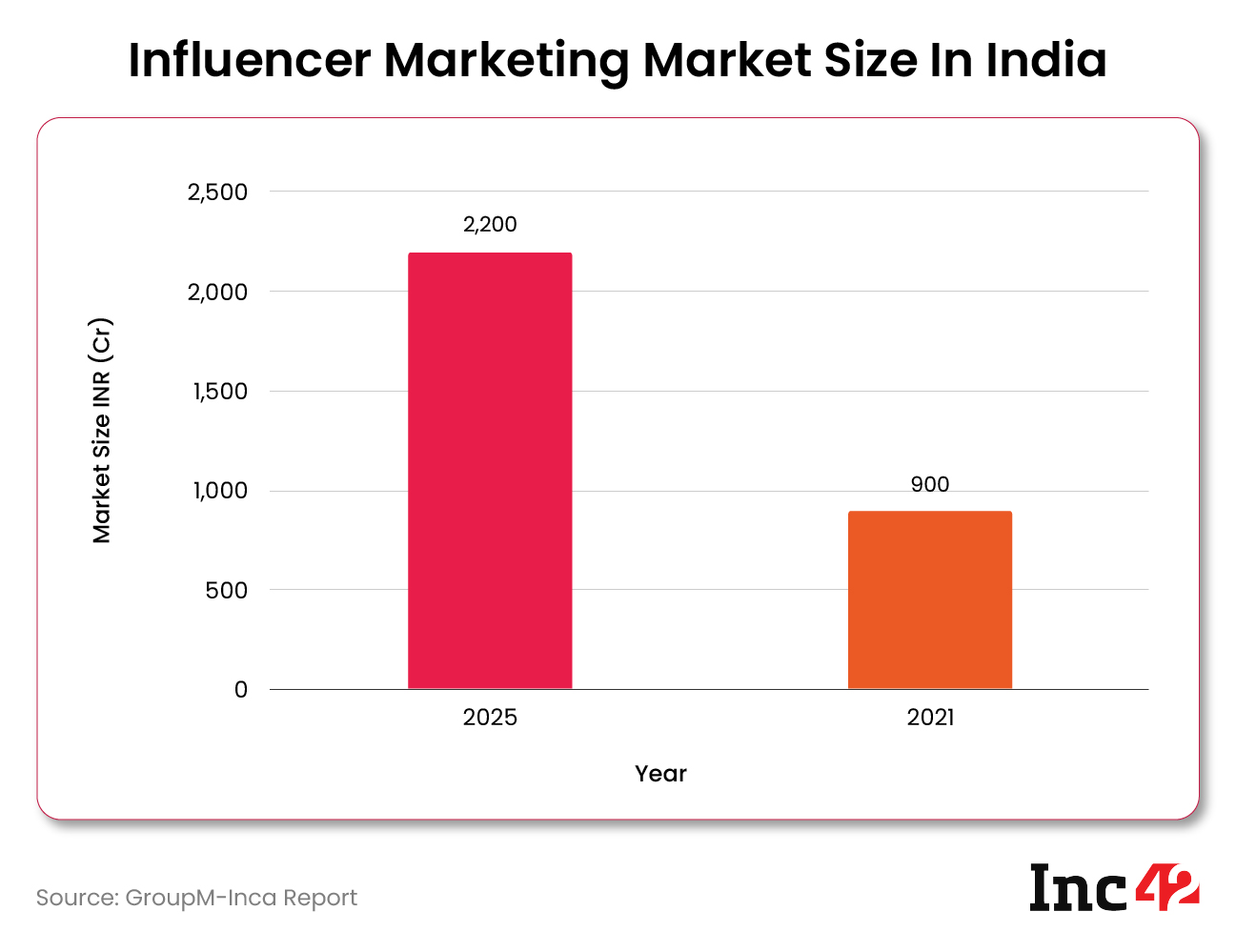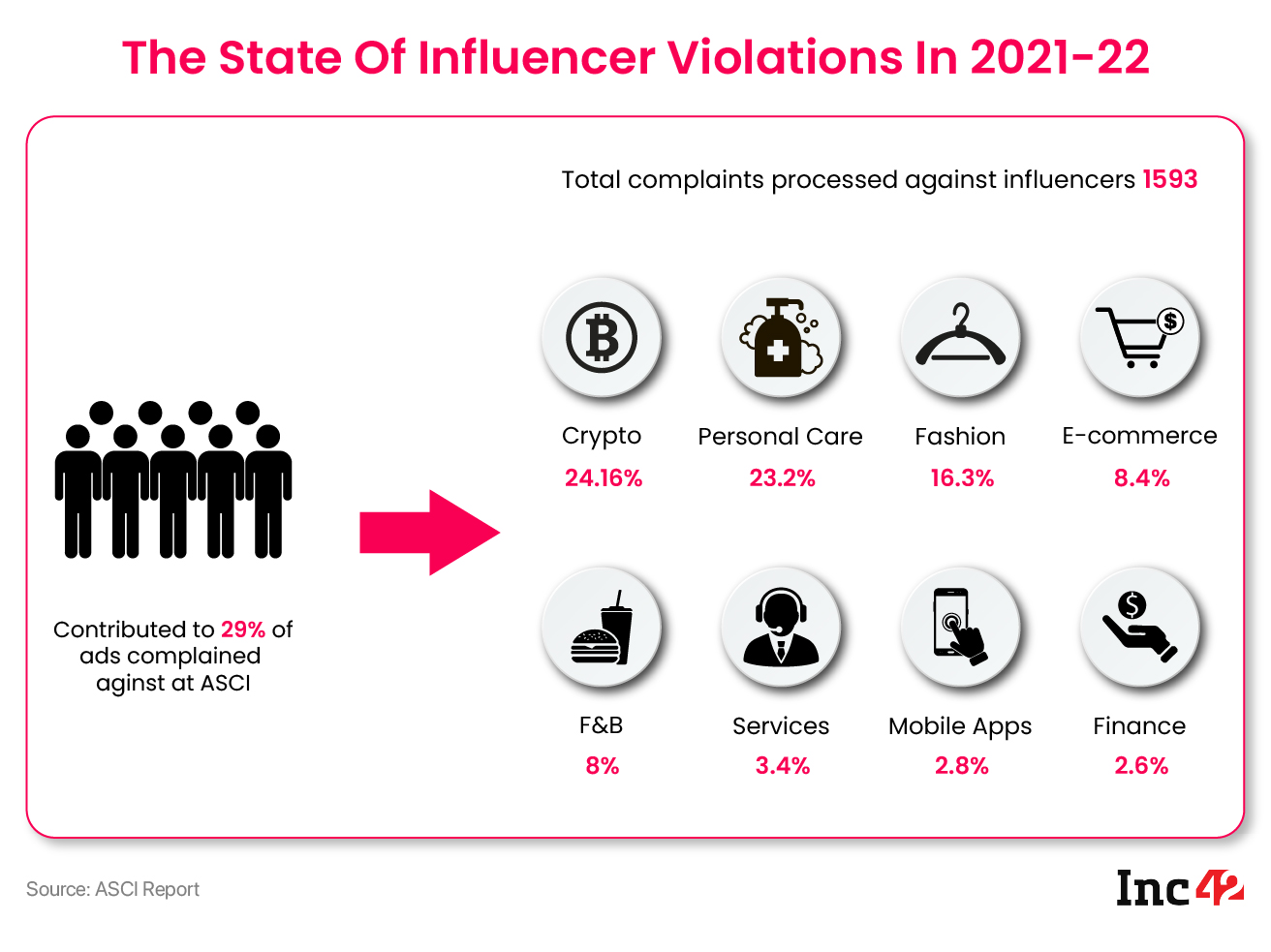The smaller agencies or small-scale influencers who are looking out for a high amount of money, take up those campaigns easily
To curb such campaigns, agencies will have to take a more active role by increasing the quality of checks and control
Both brands and agencies need to maintain an ethical line, experts said
From Coke & Pepsi and Adidas & Nike to Flipkart & Amazon and Apple & Samsung — when there are two powerhouses competing for the same pie, there’s bound to be a healthy and sometimes entertaining rivalry. But when things get too competitive, brand wars and startup rivalries tend to enter the realm of unethical tactics and even illegal smear campaigns.
Like we saw this June when social commerce unicorn Meesho sent legal notices to certain social media influencers for posting negative reviews of the startup on social media. Or even when EaseMyTrip said that it was also targetted by such coordinated campaigns and announced that it would take legal action against the perpetrators.
Amid this spotlight on smear campaigns, digital media agency Socialgrid Media’s name has come up related to the Meesho incident. Meesho cofounder Vidit Aatrey said influencers were being paid to peddle rumours about the startup for many weeks.
We have seen startups engage in talent wars and compete in terms of product features, however, this has usually been in the right spirit. Even when founders had come out with public statements against competitors, it was generally a tempered response.
But as the battle for market share intensifies in many sectors, startup rivalries have become more bitter and turned nastier. This is particularly true with astroturfing and smear campaigns on social media. As social media platforms have turned into a key battleground for branding, catching eyeballs and as a distribution channel for many companies, will we see more such campaigns in the future?
What Explains The Smear Campaigns
In many ways, these controversial moves — whether undertaken by companies or agency partners — are also a factor of the skyrocketing valuation for some VC-funded startups. As their stature grows, competitors try every trick in the book to stay ahead.
According to Ashutosh Harbola, founder of influencer marketing agency Buzzoka, any criticism or negative posts about a brand will likely spark off a chain reaction where even regular users will start talking about the issue. This is the hashtag effect often seen on social media.
 Any campaign that creates a buzz attracts brands. But a negative campaign tends to send a signal to investors about flaws in a rival business, while showcasing the primary brand as a better alternative.
Any campaign that creates a buzz attracts brands. But a negative campaign tends to send a signal to investors about flaws in a rival business, while showcasing the primary brand as a better alternative.
This is especially true when it comes to startups such as Meesho that have reached a certain valuation. There are other startups that want to create a very similar position to attract investors as well as consumers. A smear campaign is the short and easy way, especially in cases while real metrics are not that attractive.
Incidentally, several startups have approached agencies such as Buzzoka for smear campaigns. “As a principle, we don’t take up such campaigns. There is an ethical line which any brand or agency has to maintain” Harbola told Inc42.
As such incidents put influencer marketing in a bad light, the only way for agencies or creators to protect their reputation is simply saying no to such campaigns, added Ishan Jindaal, founder of Wobb, another social media marketing agency.
“When it comes to influencer marketing specifically, brands should have a vigilant social media presence who should actively look for such disappointments raised by influencers. If the team is vigilant, then the brand can investigate and try and reach out to them, and understand where the brand went wrong,” he said.
Passing The Blame
Often the blame for these campaigns is assigned to the agency or the influencers being paid to run it, but experts are of the view that small-scale influencers and agencies are tempted by the free flow of money in these campaigns.
This situation has been exacerbated by the drop in marketing budgets at many large startups and brands. As companies focus on cutting costs, the marketing spends have been cut short drastically — a 30%-40% reduction due to the current economic situation, as per industry estimates.
According to the founder of an influencer marketing agency, a huge chunk of money comes into the industry from startups and any reduction in their spending will have an impact on influencer income
“Some influencer marketing agencies are simply not into the business of ethics. Some people would work only for money and pick up wrong campaigns going along with brands that take wrong routes,” according to Pranav Panapila, founder of OpraahFX, said.
Industry experts believe that more agencies or influencers could take up such campaigns in the near future in order to survive this slowdown.
Currently, India does not have robust regulations preventing the use of influencers for coordinated smear campaigns. While the government has notified guidelines for promotions of certain products and services from time to time, and has also brought influencers under the tax ambit, a lot more needs to be done. For now, the onus lies on agencies.
Who Watches The Influencers?
To curb such campaigns, agencies will have to take a more active role by increasing the quality of checks and controls, and maintain strict ethical boundaries. On the other hand, startups and D2C brands need to stick to the code of conduct that is used for advertising in the traditional media.
According to Harbola, bigger brands have a process in place to ensure that campaigns don’t cross any ethical boundaries. But this alone will not change the reality.
Others noted that fake reviews or smear campaigns can happen without any involvement from influencers or agencies, where brands can use bots or fake accounts to orchestrate such campaigns.
With the growth of influencer marketing, the Advertising Standard Council of India (ASCI), released guidelines for the segment earlier last year. The guidelines made it mandatory for influencers to label the promotional content to keep users aware.
Under those guidelines, any smear campaign carried by influencers could be considered a clear violation – however, this is a grey area currently, since ASCI guidelines are not always legally enforceable. “You can not only come with guidelines but need to devise new procedures to implement them and empower the common man,” Buzzoka’s founder added.
 Even if some social media users can identify such campaigns without any serious investigation, they tend to not raise complaints very often. It’s also possible that users unfamiliar with ASCI guidelines might approach different bodies or fora to register complaints. The need of the hour is a robust mechanism on social media so users and consumers can report bogus posts directly.
Even if some social media users can identify such campaigns without any serious investigation, they tend to not raise complaints very often. It’s also possible that users unfamiliar with ASCI guidelines might approach different bodies or fora to register complaints. The need of the hour is a robust mechanism on social media so users and consumers can report bogus posts directly.
It’s no surprise that a negative social media campaign can lead to revenue loss or reputational damage to any company, and often they are left with no option but to approach the courts with a criminal complaint. However, this is an additional cost burden on a company and contributes to their spending at a time when any cost-savings can be as valuable as gold.
While on the face of it, influencer marketing regulations might seem frivolous or excess to needs, more stringent regulations and standardisation will likely be a great step towards intellectual property and copyright protection as well.
And given how deeply entrenched social media influencers and marketing has become these days, it’s high time that India’s lawmakers clean up the aisle when it comes to smear campaigns by startups.



![Read more about the article [YS Learn] How True Balance built a robust MVP to enable gradual portfolio expansion](https://blog.digitalsevaa.com/wp-content/uploads/2021/03/Imageb9rz-1614595093878-300x150.jpg)





